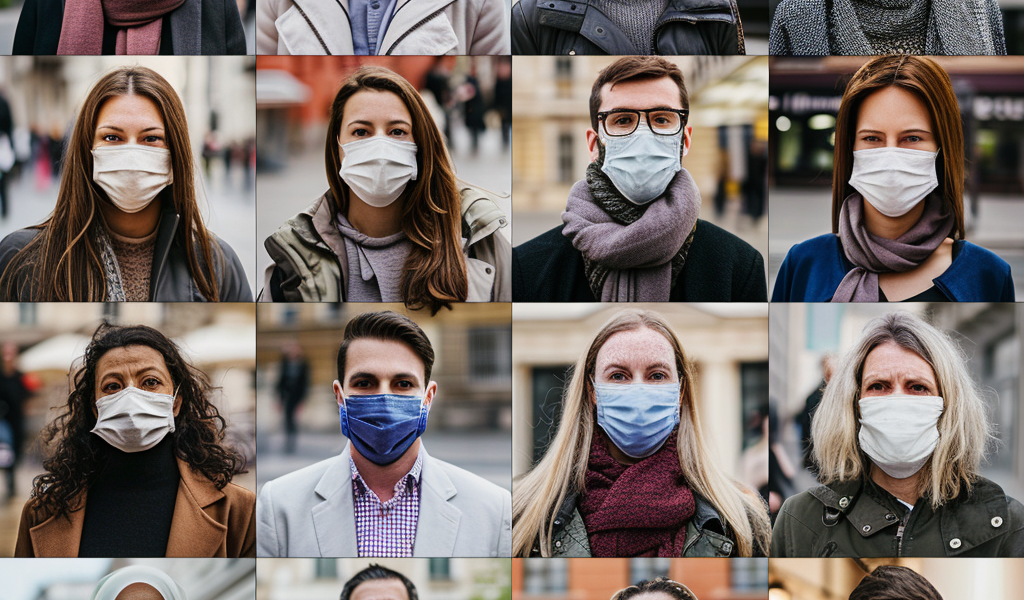New strains of Covid-19 are causing concern among health experts worldwide, with fears of a potential summer surge in cases as the virus continues to evolve. Known as the FLiRT variants, these new strains have been gaining traction in the United States and Europe, signaling a shift in the pandemic landscape.
Derived from the genetic mutations within the variants, the FLiRT variants are descendants of the previously dominant JN.1 variant, which emerged as an offshoot of the omicron strain. While there is currently limited evidence to suggest that these new variants are more severe, they have independently acquired a similar set of mutations, according to experts at John Hopkins Bloomberg School of Public Health.
Recent data from the Centers for Disease Control and Prevention (CDC) reveals that the KP.2 variant has now become the predominant strain in the U.S., constituting 28.2% of all cases in the two weeks leading up to May 11. This marks a significant increase from its initial detection at 3.8% at the end of March, highlighting the rapid spread of the variant within a short timeframe.
Additionally, the KP.1.1 variant, another member of the FLiRT family, has also been on the rise, accounting for 7.1% of current infections in the U.S. The trend is mirrored in Europe, where the new variant has been identified in 14 countries, albeit with limited reported cases according to the World Health Organization.
While the emergence of these new strains has prompted heightened vigilance among health authorities, there is currently no indication of a significant surge in infections akin to previous waves experienced during the pandemic’s early stages. Jennifer Horney, a professor of epidemiology at the University of Delaware, believes that the existing level of public immunity may mitigate the potential impact of the FLiRT variants, potentially preventing a widespread outbreak.
The U.K. Health Security Agency has emphasized the importance of ongoing monitoring and assessment of the new variants to determine their severity and the efficacy of existing vaccines. Despite the evolving situation, public health advice remains unchanged at this time, with authorities closely monitoring the situation to ensure the continued effectiveness of preventive measures.
As the global community navigates the ongoing challenges posed by Covid-19, the emergence of new variants underscores the importance of continued vigilance and adherence to public health guidelines to mitigate the impact of the virus. While uncertainties persist, concerted efforts to monitor and respond to the evolving situation remain crucial in safeguarding public health and well-being.





